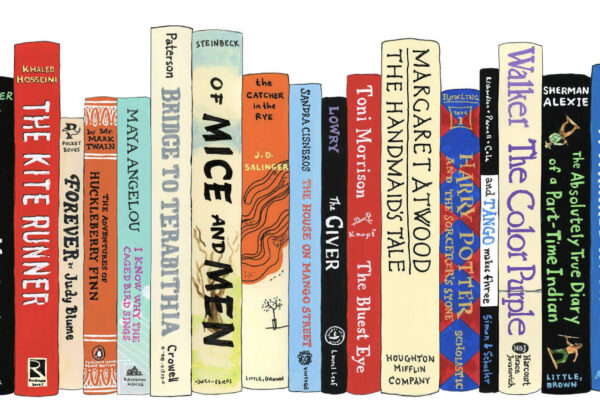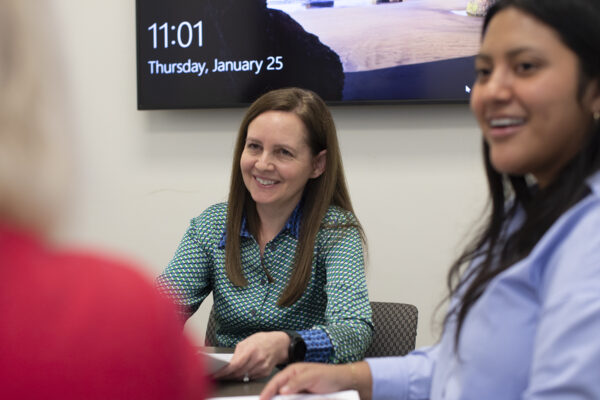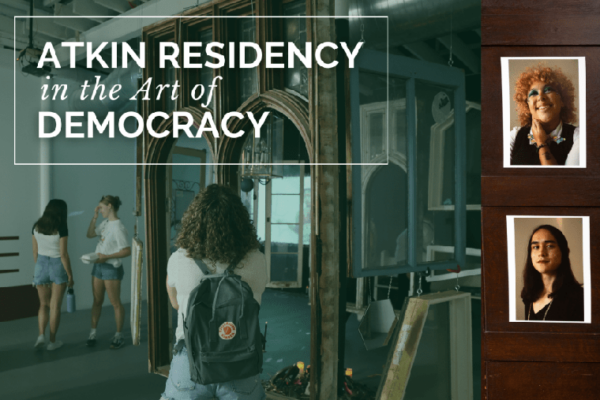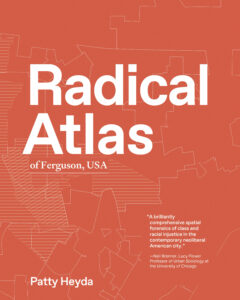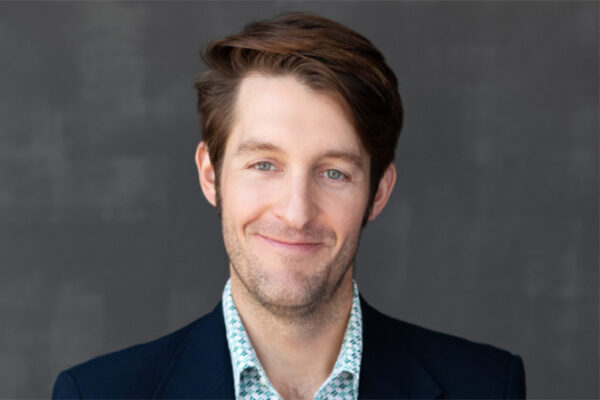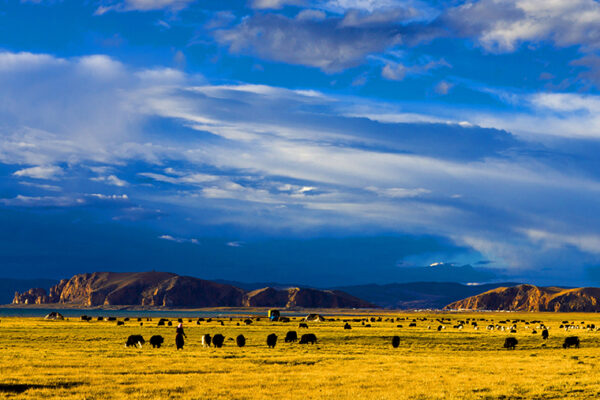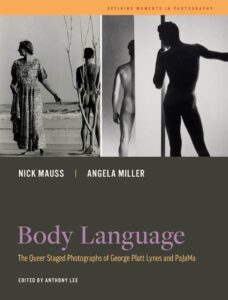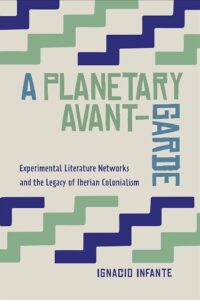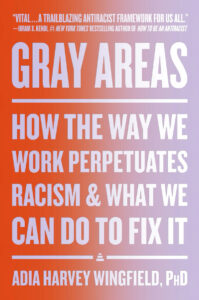Bans that disrupt democracy
As rapidly spreading book bans harm America’s children and teachers alike, WashU’s Lisa Gilbert pinpoints problems and solutions as she empowers a new generation of educators.
50 years of legal community service — and counting
Students in the School of Law’s Clinical Education Program, now 50 years old, gain important skills while helping members of the community.
Student artists can apply for Art of Democracy residency
Undergraduate student artists of any kind are welcome to apply for the Atkin Residency in the Art of Democracy. The application deadline is March 7.
Radical Atlas of Ferguson, USA
Ferguson, Missouri, became the epicenter of America’s racial tensions after the 2014 murder of Michael Brown and the protests that followed in its wake. Though this suburb just outside St. Louis might have seemed like an average midwestern town, the activism that exploded there after Brown’s killing laid bare how longstanding municipal planning policies had […]
CSD research informs Senate proposal
New federal legislation to create a national children’s savings account policy draws heavily on research from the university’s Center for Social Development.
Dize to edit ‘Global Black Writers in Translation’
Nathan Dize, an assistant professor of French in Arts & Sciences, has been appointed co-editor of the new trade book series “Global Black Writers in Translation.”
Prehistoric mobility among Tibetan farmers, herders shaped highland settlement patterns, cultural interaction, study finds
Research by Michael Frachetti in Arts & Sciences and researchers at Sichuan University in China explores how and why ancient communities built social relationships and cultural identities across the extreme terrain in Tibet.
Body Language
The Queer Staged Photographs of George Platt Lynes and PaJaMa
Body Language is the first in-depth study of the extraordinary interplay between George Platt Lynes and PaJaMa (Paul Cadmus, Jared French, and Margaret Hoening French). Nick Mauss and Angela Miller offer timely readings of how their practices of staging, collaboration, and psychological enactment through the body arced across the boundaries of art and life, private […]
A Planetary Avant-Garde
Experimental Literature Networks and the Legacy of Iberian Colonialism
A Planetary Avant-Garde explores how experimental poetics and literature networks have aesthetically and politically responded to the legacy of Iberian colonialism across the world. The book examines avant-garde responses to Spanish and Portuguese imperialism across Europe, Latin America, West Africa, and Southeast Asia between 1909 and 1929. Ignacio Infante critically traces the hegemony and resistance […]
Gray Areas
How the Way We Work Perpetuates Racism and What We Can Do to Fix It
Next Big Idea Club Must Read BooksLibrary Journal Editor’s Pick “This vital and accessible study is a must-read for anyone concerned with workplace equality.”—Publishers Weekly (Starred Review) A leading sociologist reveals why racial inequality persists in the workplace despite today’s multi-billion-dollar diversity industry—and provides actionable solutions for creating a truly equitable, multiracial future. Labor and […]
Older Stories
